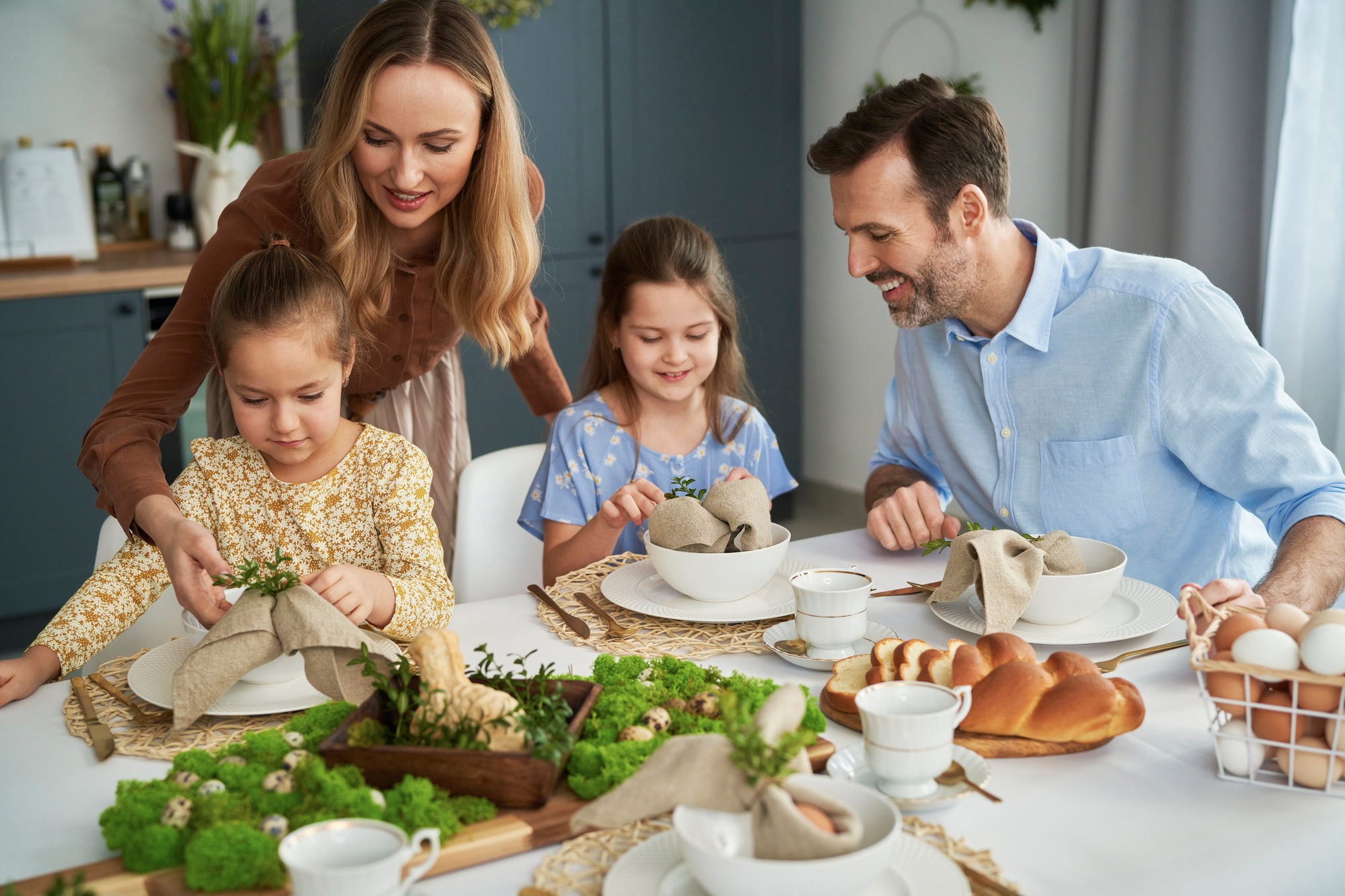The Healing Power of Cooking: How Culinary Activities Support Military Families and Veterans

The Healing Power of Cooking: How Culinary Activities Support Military Families and Veterans
Cooking and sharing meals can offer therapeutic benefits for veterans and military families. It reduces stress, strengthens relationships, promotes independence, and fosters community – all critical components of emotional well-being and post-service reintegration.
The Healing Power of Cooking: How Culinary Activities Support Military Families and Veterans
Cooking is far more than a daily necessity – it’s a powerful tool for healing, connection, and empowerment, especially for military veterans and their families. In recent years, culinary activities have gained recognition as effective forms of therapeutic support, offering mental, emotional, and relational benefits. Whether it’s preparing a weeknight dinner or learning new skills in the kitchen, cooking can provide structure, purpose, and comfort for those navigating post-service life or coping with loss.
1. Cooking as a Therapeutic Practice
Research suggests that cooking can serve as a form of mindfulness – requiring focus, creativity, and engagement of the senses. For many veterans and military family members dealing with trauma or stress, these moments of concentration and presence can offer a much-needed mental break.
Studies have shown that cooking reduces levels of the stress hormone cortisol, promotes dopamine production (which boosts feelings of pleasure and satisfaction), and can contribute to improved mood and self-esteem. The rhythmic nature of chopping vegetables, stirring sauces, or plating a meal can even mimic the calming effects of meditation.
2. Shared Meals Strengthen Bonds
The simple act of gathering around the table has profound psychological benefits. For military families, especially those who have experienced long deployments, relocations, or the loss of a loved one, shared meals provide an opportunity to reconnect and establish routines that promote emotional safety and communication.
Family meals have been linked to:
- Better mental health and reduced depression
- Higher resilience in children and teens
- Stronger marital satisfaction and parenting cohesion
In short, food can be the bridge that brings families back together.
3. Learning to Cook Builds Confidence and Independence
For many veterans transitioning to civilian life, the loss of structure and identity can be jarring. Learning or refining cooking skills offers a tangible way to regain a sense of competence and control. Mastering even basic recipes can help individuals feel more capable in daily life, an important step in rebuilding after service.
For spouses and children, gaining confidence in the kitchen also helps promote nutritional wellness, self-reliance, and a deeper connection to family traditions.
4. Culinary Experiences Create Community
Whether through cooking classes, group meals, or community kitchens, food-centered gatherings create a sense of belonging. These shared experiences offer a space for mutual support, storytelling, and celebration, especially valuable for those who may feel isolated after service.
Culinary activities also provide a non-threatening environment for building relationships, which can be particularly helpful for those who find socializing or opening up emotionally difficult.
Conclusion
Cooking and shared meals offer more than sustenance, they foster healing, hope, and human connection. For veterans and military families navigating complex emotional terrain, the kitchen can become a place of empowerment and restoration. Embracing the therapeutic power of food is one meaningful step toward building a stronger, more connected future.
All Categories
info@tridenttablefoundation.org



